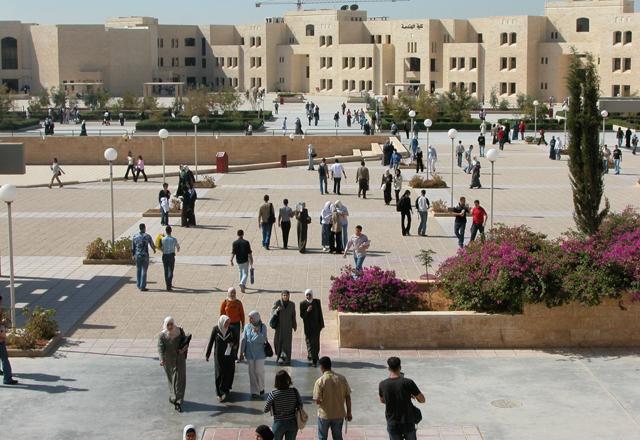- Local News
- Mon-2021-06-07 | 01:06 pm

Nayrouz News Agency :
As per the latest report by the World Bank, unemployment in Jordan has increased by 50 per cent among the youth. The latest study has brought local attention to the unemployment issue, with activists calling for change to reduce the unemployment rates, especially during the COVID pandemic.
Mohammad Qassem, a social media activist and business coach, said, that the COVID pandemic has directly affected the Jordanian economy.
While many companies, corporates, and organisations have shut down either partially or fully, employees had to lose their jobs in return, according to Qassem.
"Although Jordan is known to export youth competencies to a lot of neighbouring Arab countries, many political, social and health-related reasons are lowering the number of Jordanian employees working abroad today,” Qassem told The Jordan Times.
He also stressed the lack of coordination between the market’s needs and the number of graduates in saturated fields today as another reason behind the high unemployment rates.
"The youth are not always aware of the market’s demand concerning their fields of study,” Qassem said.
Regarding solutions to such problems, Qassem referred to investment as one of the main ways to develop the country’s economy.
He also highlighted the importance for the youth to seek new learning opportunities through training and courses.
Rawan Shamayleh, a youth activist, mentioned that the issue of unemployment has not always been "COVID-related”.
"We have a common invalid argument that Jordanians do not accept work in any profession. However, I am aware that Jordanians today are ready to accept any job offer they encounter,” Shamayleh told The Jordan Times.
"I am always amazed by how well-rounded and educated the youth who work in delivery or customer service sectors are. Unfortunately, they cannot work within their field of study, but they are trying their best to make a living in any way possible,” she added.
Other reasons behind the high rates of unemployment are due to the low salaries employers offer.
"Most employees argue that most of their income is spent on transportation. Many people are rejecting job offers today because their workplace is far from where they live,” Shamayleh said, noting that a sustainable public transportation system will make finding jobs easier.
Unemployment is a major issue among women as well, added Shamayleh.
"Mothers have to choose between motherhood and their career since childcare facilities are not provided by public sectors. Families with low income witness higher employment rates because they have to provide for their families needs. However, families in the middle or upper-middle class usually tend to sacrifice the woman’s career because there is no place for the kids to go,” added Shamayleh.
Haytham Ereifej, a lawyer and a politician, stressed "the undeniable relation” between unemployment and the economy.
"When the country’s economy is in great shape, unemployment is low and vise versa,” Ereifej told The Jordan Times.
"Today, 60 per cent of the Kingdom’s annual budget is spent on salaries and retirement benefits, which is very dangerous,” added Ereifej.
"This is because the government based its strategies on creating jobs in the public sector,” according to Ereifej.
Jordanians today are paying 45 per cent of their income in taxes, which lowers their ability to buy and pay money in the market, he noted.
"We need to facilitate all needed procedures to make things easier for companies today, which will help them and the Kingdom’s economy, in general, to expand and create more jobs in return,” he added.









